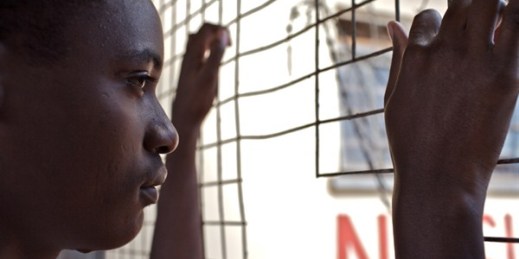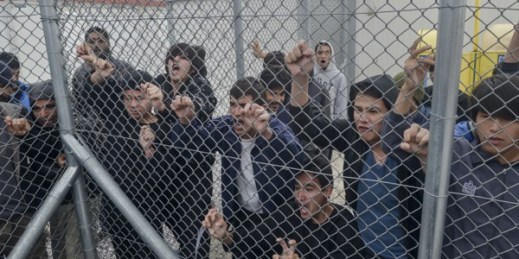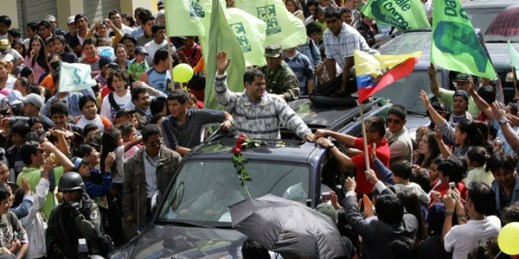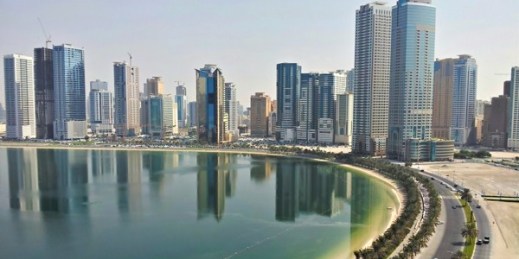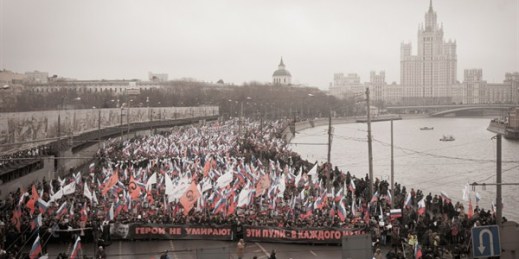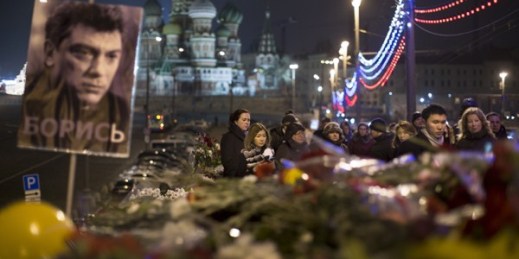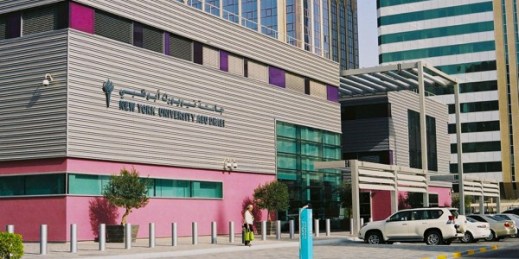
Earlier this month, a professor from New York University was barred from entering the United Arab Emirates, where the school recently opened a new campus, after he criticized the country’s labor practices. In an email interview, Stephen Wilkins, director of the integrated doctoral program in business and management at Plymouth University and the former director for professional management programs at Dubai University College, discussed the challenges facing satellite campuses of Western universities. WPR: What are the motivations for establishing satellite campuses of Western universities in places like China and the Persian Gulf, both for the schools and the host countries? […]

